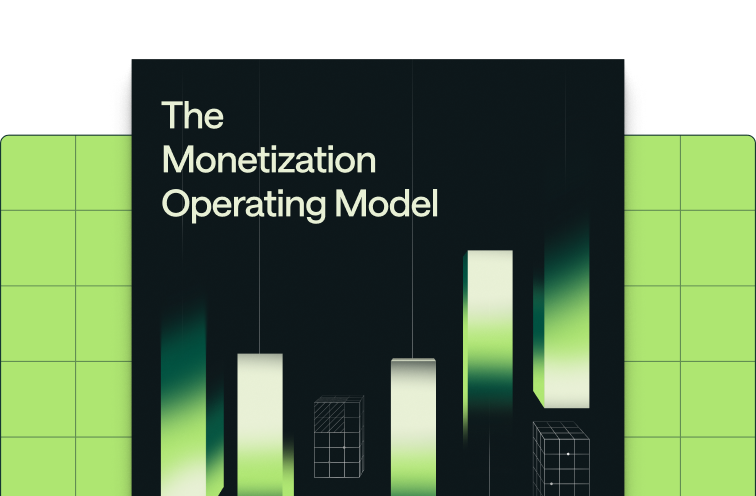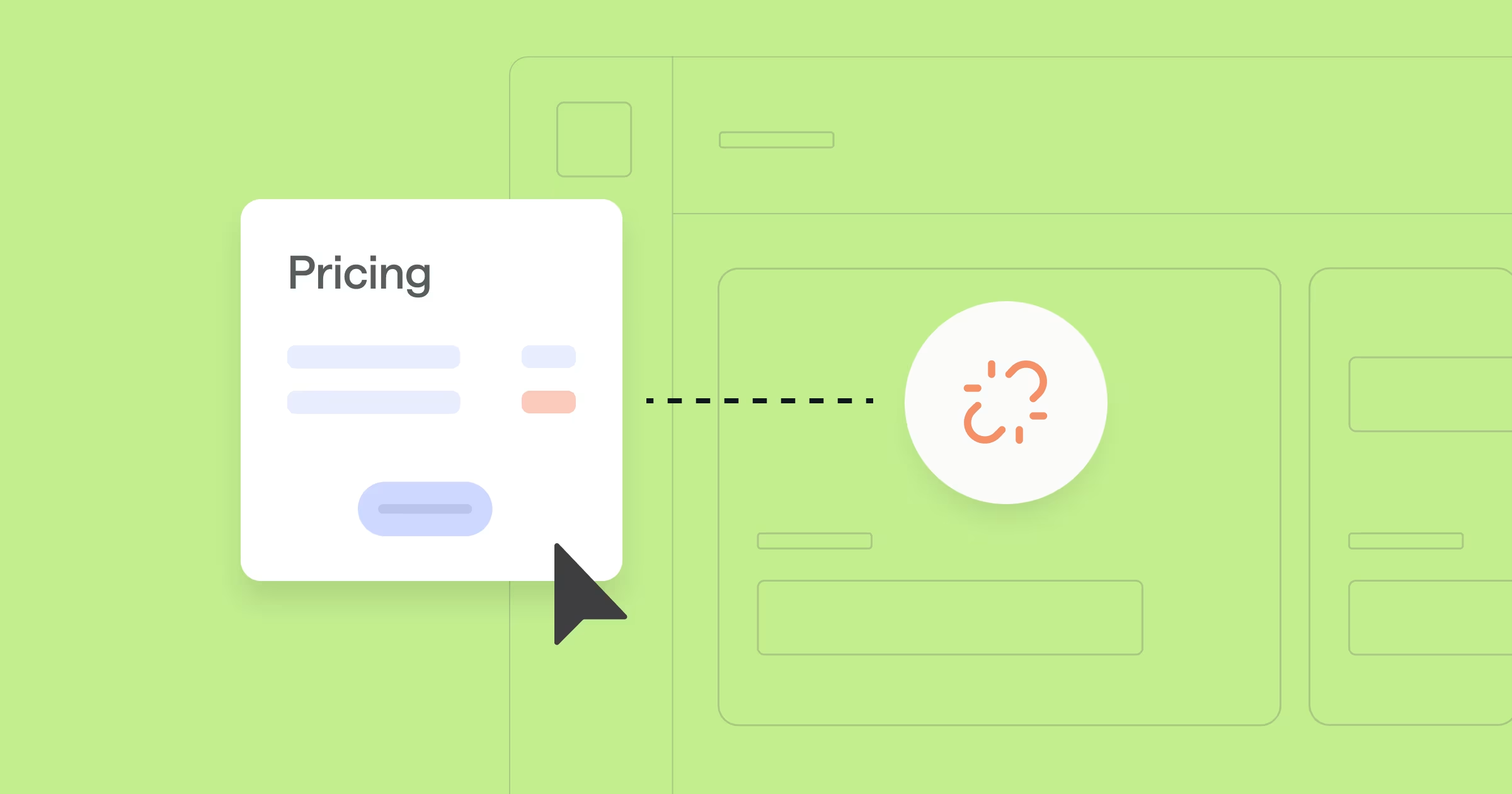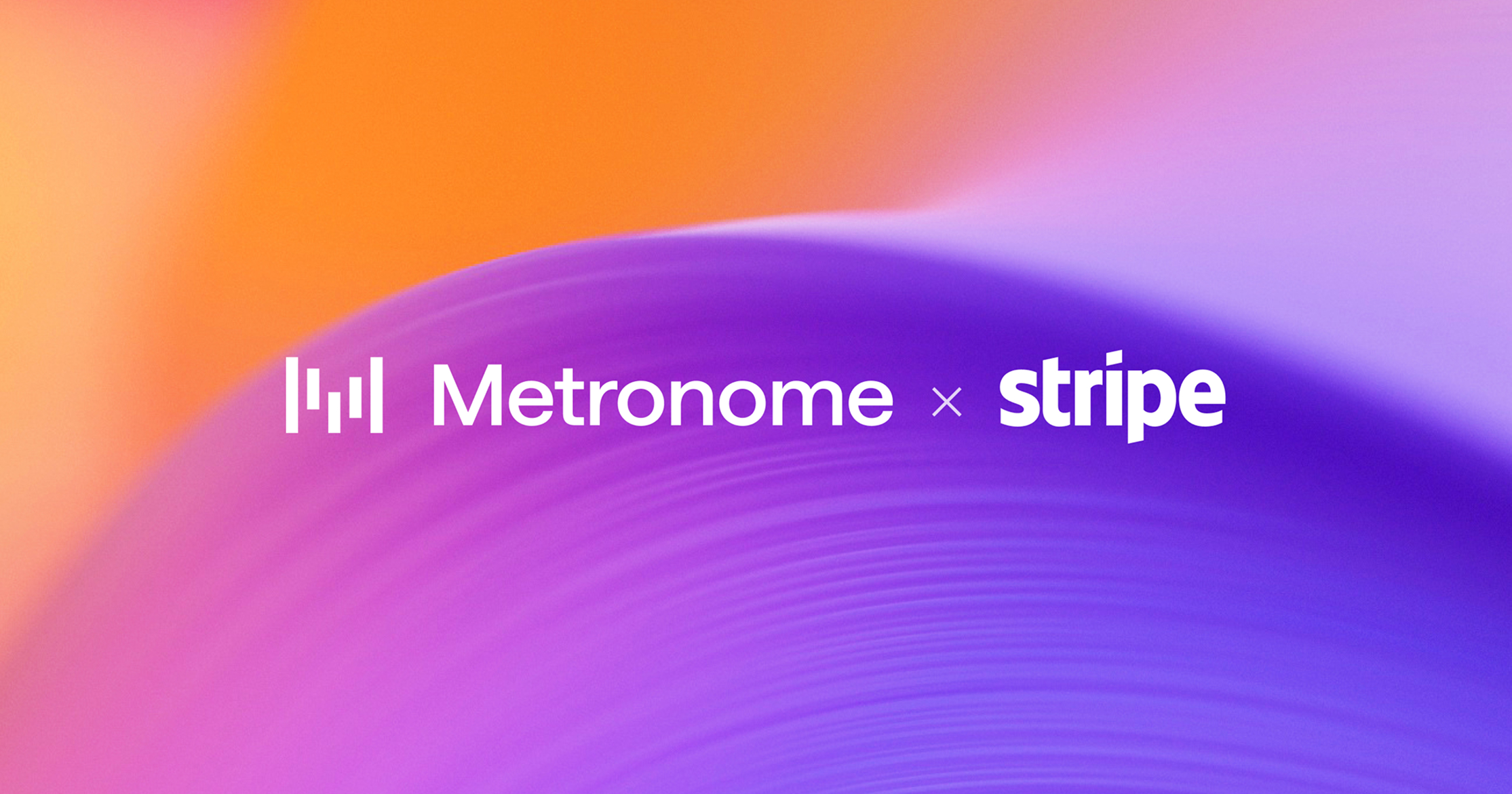Share
As companies continue to take a cloud-first strategy, cloud marketplaces are a key go-to-market strategy for companies to reach new customers, shorten sales cycles, and grow their business.
We’re excited to share that we’ve expanded our cloud marketplace billing support to Azure Marketplace. We are committed to your growth in the cloud ecosystem and are proud to now integrate with both AWS Marketplace and Azure Marketplace.
The Azure Marketplace edge
Azure Marketplace enables businesses to accelerate their go-to-market efforts by increasing product discovery in the Microsoft ecosystem and reducing friction in the buying process. Companies can tap into Microsoft’s expansive customer base and drive product awareness with co-marketing and co-selling opportunities. By listing on the marketplace, Azure customer can use pre-committed cloud consumption credits to buy software which simplifies budget approval processes. Additionally, marketplace purchases are included on a single bill from Azure, allowing for more streamlined vendor and billing management.
Metronome and Azure Marketplace: better together
Metronome’s integration with Azure Marketplace makes it easy for you to manage billing for your direct sales, self-serve, and marketplace motions in one place. We free up your team’s time to focus on building out your partner efforts in the Microsoft ecosystem.
- Speed up creation of your Azure Marketplace listing: Metronome supports every flavor of usage-based and subscription pricing. Get your listing up and running faster with our out-of-the-box integration that handles the complexities of real-time usage metering and rating for you.
- Manage pricing in one place: Unlock flexibility in how you want to price across marketplaces. Configure pricing and packaging in Metronome with our full menu of pricing options such as tiers, free trials, and pre-purchased credits.
- Identify upsell opportunities: Create usage- or spend-based alerts via the Metronome API or UI, so your sales and success team can proactively engage with customers on upsells.
- Give customers spend visibility: Metronome sends hourly metered usage data to Azure Marketplace, so customers can track up-to-date spend. Contrast this level of spend visibility with companies who typically upload usage at the end of the month due to the challenges of real-time metering.
Conor Beverland, Senior Director of Product Management at Astronomer, shared, “Metronome helped us accelerate selling through Azure Marketplace. Setting up the integration was straightforward and required minimal effort from our team. We're able to centralize direct and cloud marketplace billing in Metronome, giving our teams more pricing flexibility and simplifying our billing operations."
Get started
Ready to simplify your cloud marketplace operations? Reach out to your Metronome representative or contact us to explore how we can support your growth in the cloud ecosystem. And for a more detailed understanding of how this integration works, check out our documentation.







.png)




